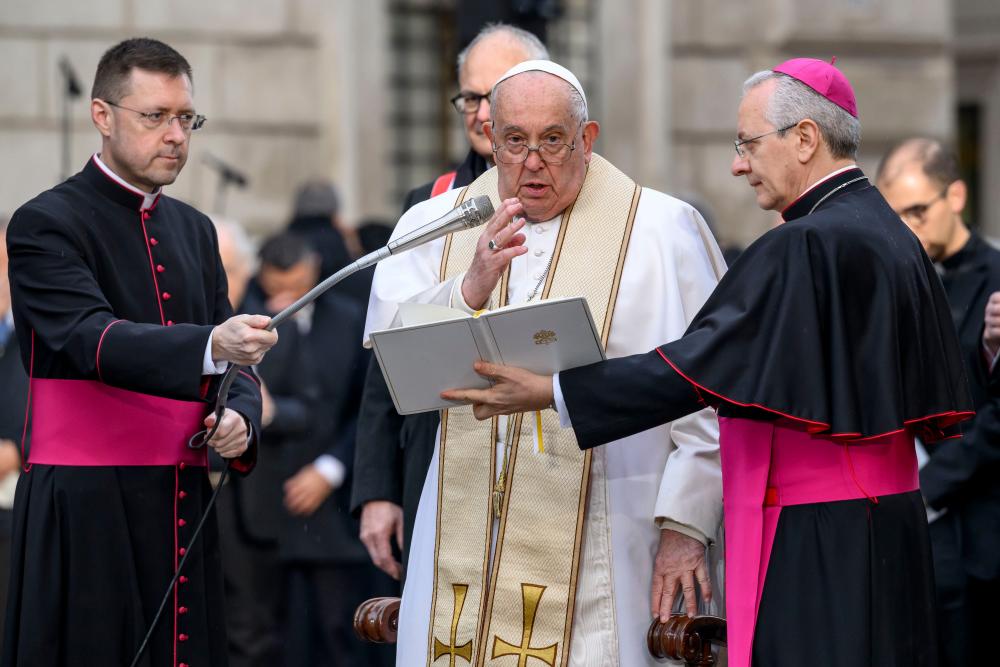Pope Francis has intensified calls for the commutation of death row sentences in the United States, emphasizing this stance during a recent Sunday prayer. The Pope, a longstanding opponent of the death penalty, expressed compassion for those facing execution, urging followers to pray for the prisoners on death row. His appeal coincides with growing pressures on President Joe Biden to take swift executive action against capital punishment, particularly as various religious leaders, civil rights advocates, and legal professionals rally to bring about reform. A collective effort from these groups, which includes letters from hundreds of stakeholders, advocates for the clemency of federal death row inmates before the possibility of a return to stricter policies under a future administration.
The urgency in this plea is underscored by the historical context of the last administration, during which more federal executions were carried out than in the past decade combined. This rapid succession of executions, which included individuals with intellectual disabilities and those who were unable to present new evidence, raised significant ethical concerns about the fairness and administration of capital punishment. Notably, some executions proceeded despite vocal opposition from both prosecutors and victims’ families, often in a rushed manner facilitated by the Supreme Court’s override of lower court decisions designed to halt these actions.
The Catholic Mobilizing Network, representing approximately 30,000 advocates including bishops, has specifically urged Biden, a practicing Catholic, to issue a blanket commutation for individuals on federal death row. They cite issues of racial bias and the risk of executing vulnerable individuals, such as those with mental health disorders. Biden’s stance on capital punishment has historically been one of opposition, marked by his moratorium on executions upon assuming the presidency. However, he has yet to confirm any intentions to commute the sentences of the 40 men currently awaiting execution, a demographic that disproportionately includes Black individuals.
Additionally, 38 current and former officials in the legal system have voiced their concerns about the capital punishment system in another letter. They have remarked on the trends wherein the death penalty does not reflect justice but frequently penalizes those who are less fortunate—individuals struggling with mental illness or coming from traumatic backgrounds. The signatories assert that the potential repercussions of such policies extend even to the justice workers who carry out these executions, reporting high rates of trauma, depression, and instability among correctional staff.
Families of murder victims are also part of the conversation, stating that the financial costs associated with maintaining the death penalty could be redirected toward more constructive initiatives aimed at reducing crime and supporting affected families. In addendum to these perspectives, civil rights organizations, including the American Civil Liberties Union and Amnesty International, have joined the chorus of calls for Biden to utilize his clemency powers to address the challenges posed by mass incarceration and capital punishment.
As the political landscape prepares for potential changes, including a possible return of Donald Trump and his pro-execution narrative, advocates are concerned that without immediate action, the Biden administration might miss its window to enact meaningful change. Trump’s campaign rhetoric included extreme propositions on executing individuals found guilty of drug offenses, reinforcing fears that conditions for individuals on death row might become more perilous. Stories from prisoners themselves, like Billie Allen, illustrate the humanity that exists even among those convicted of severe crimes, highlighting the capacity for personal transformation and the profound impact of witnessing fellow inmates executed.

